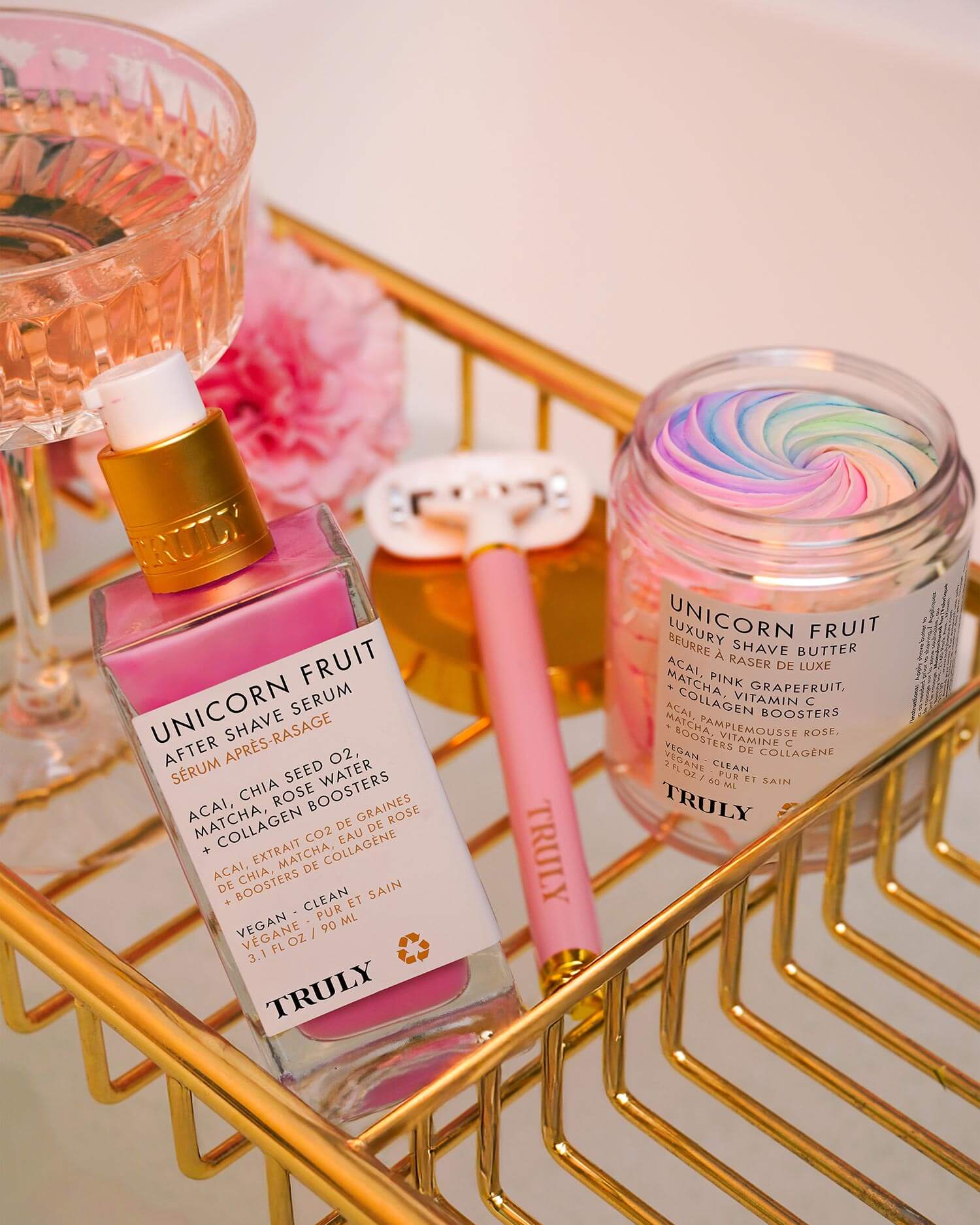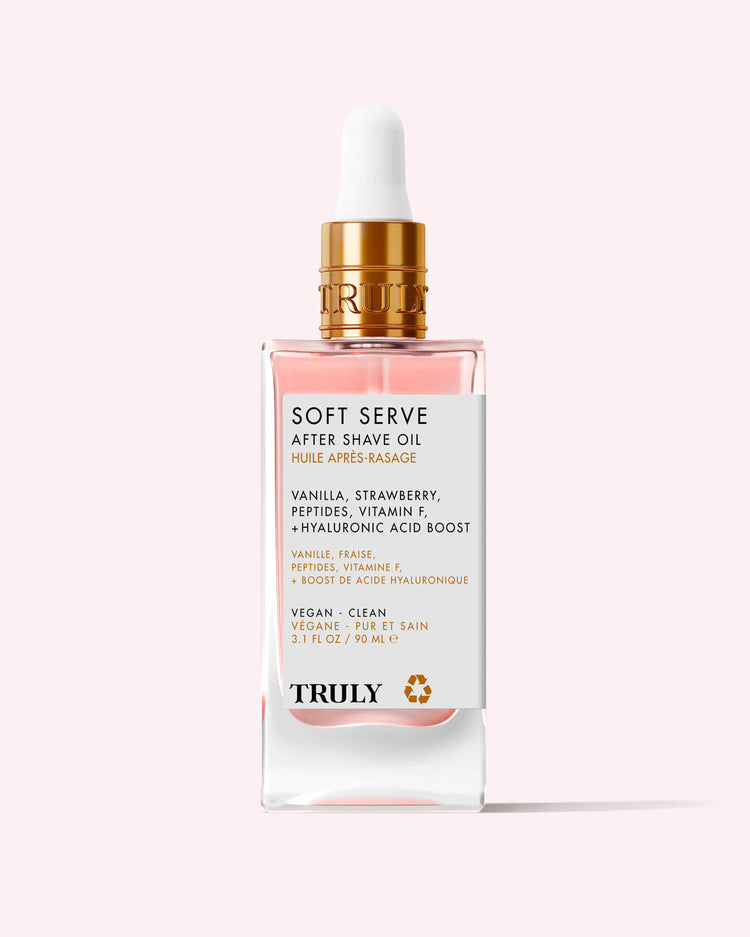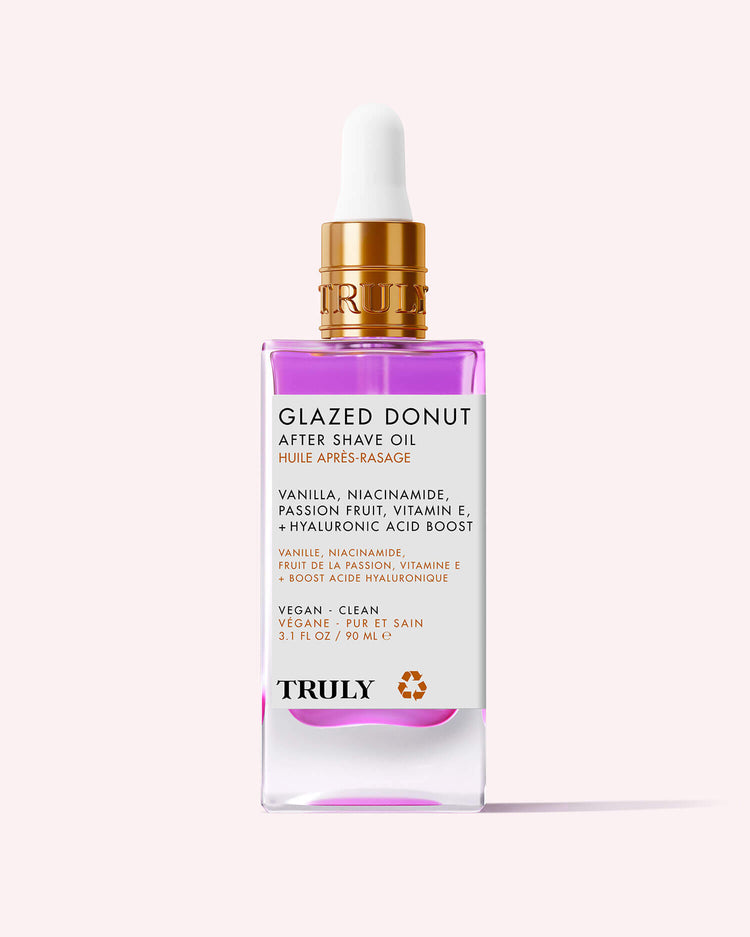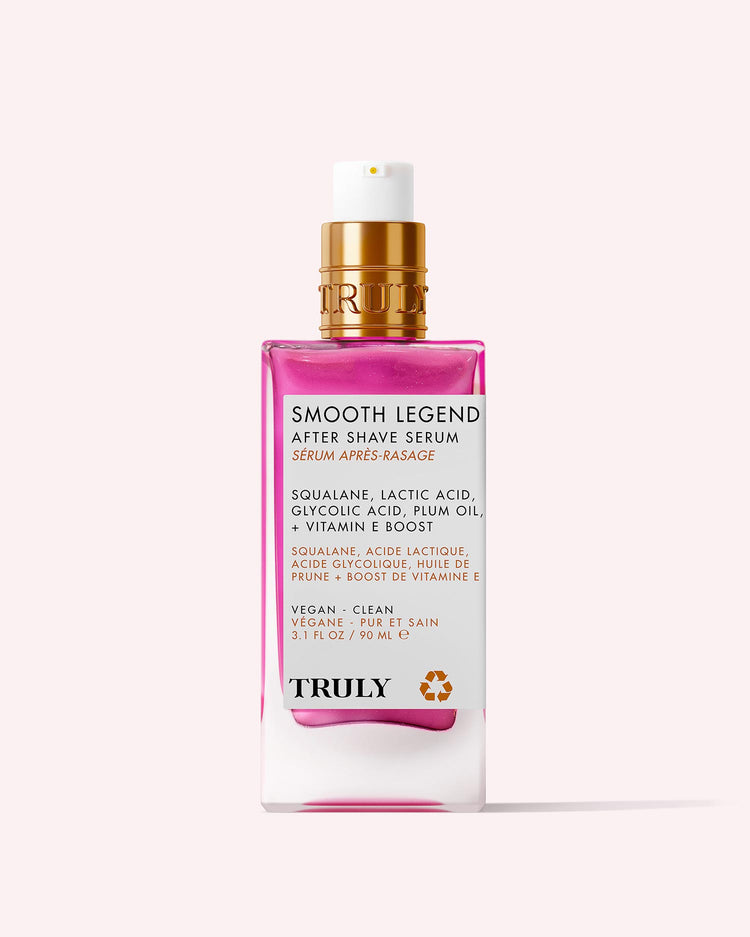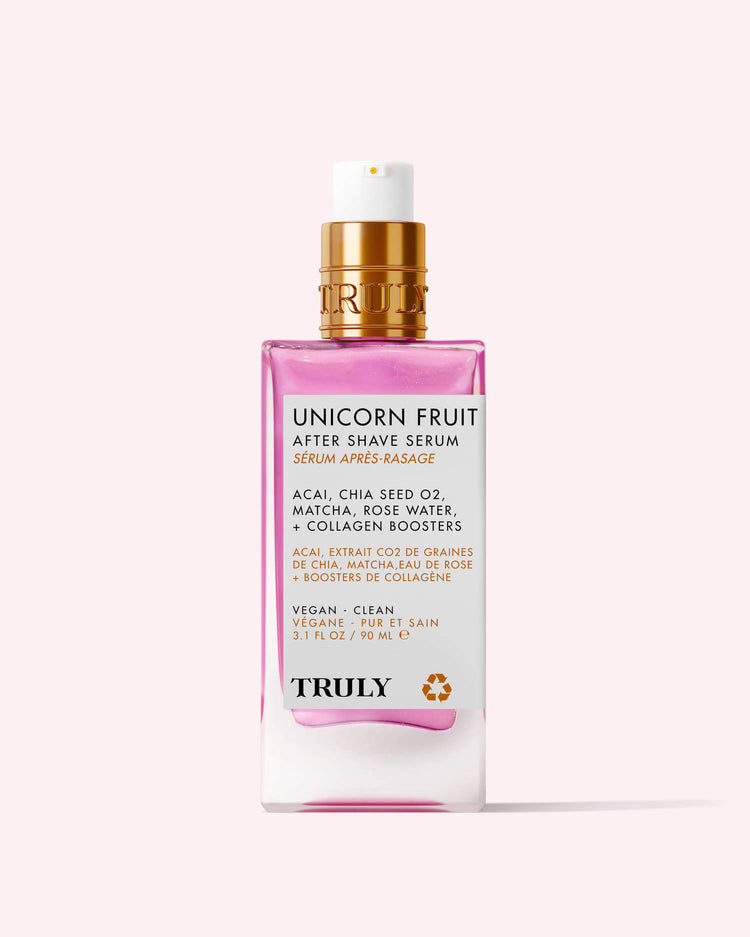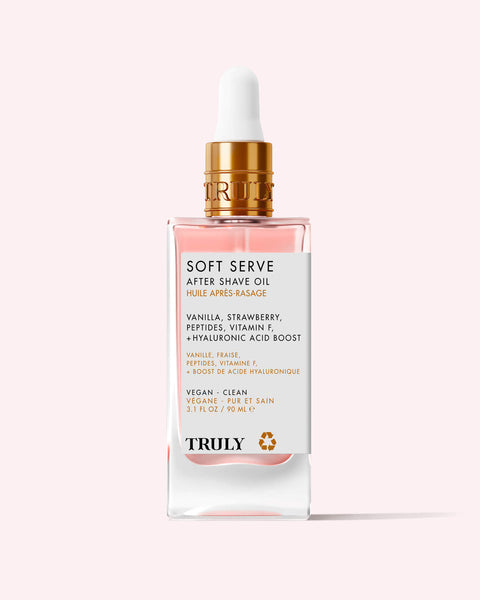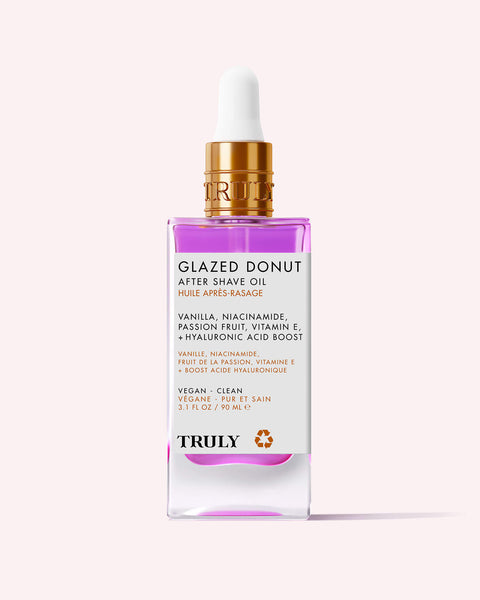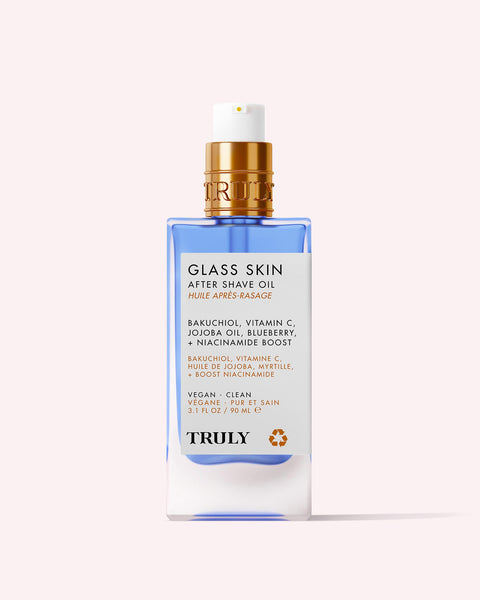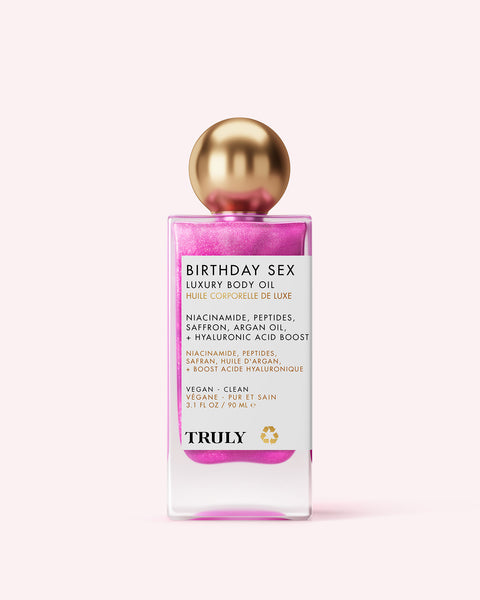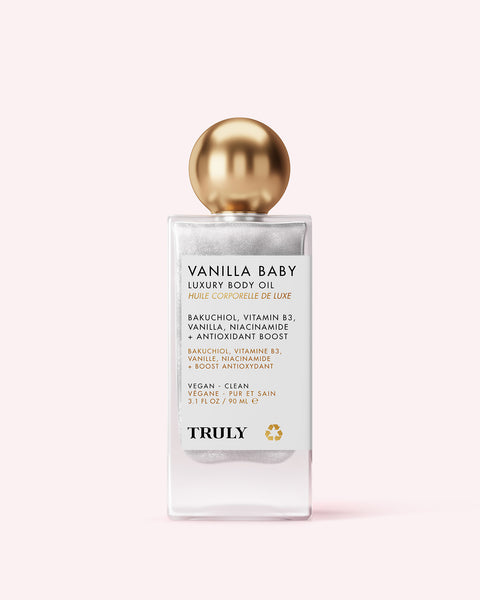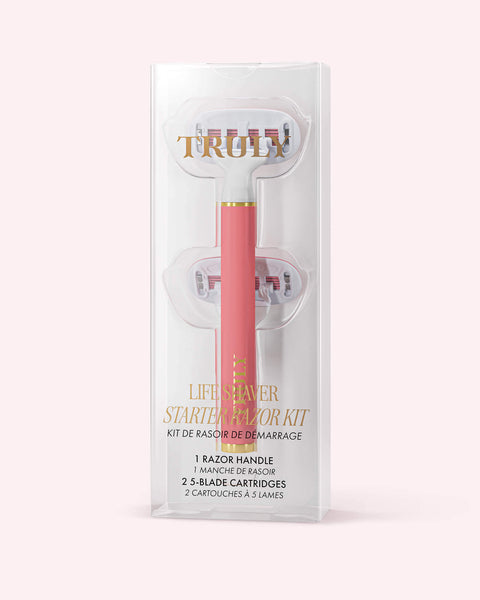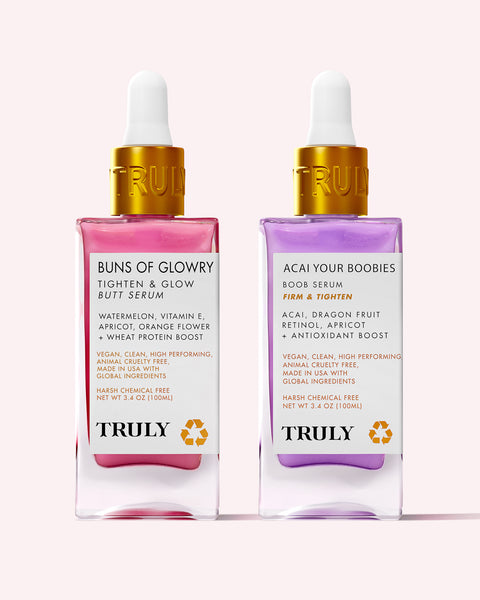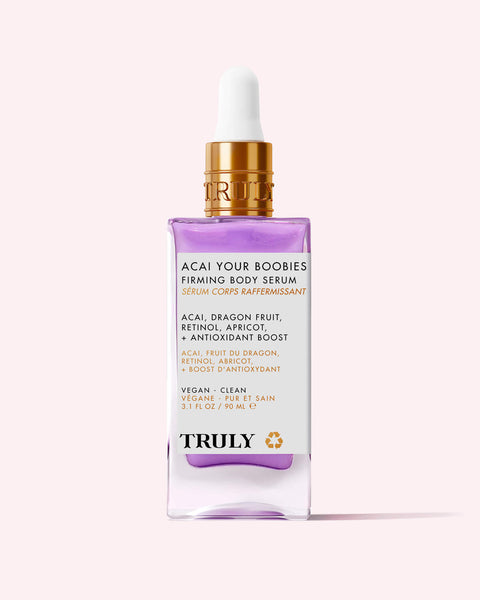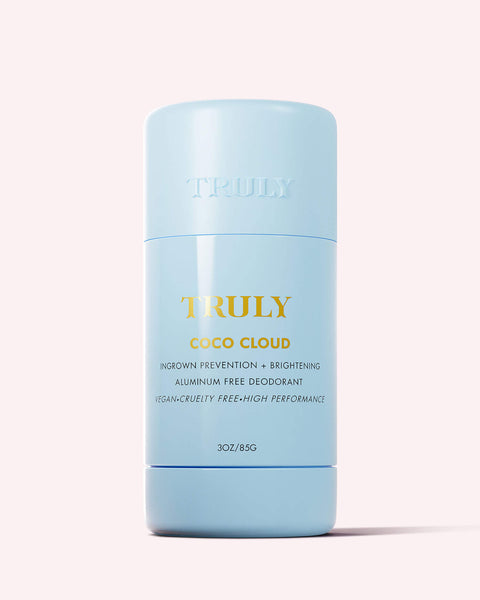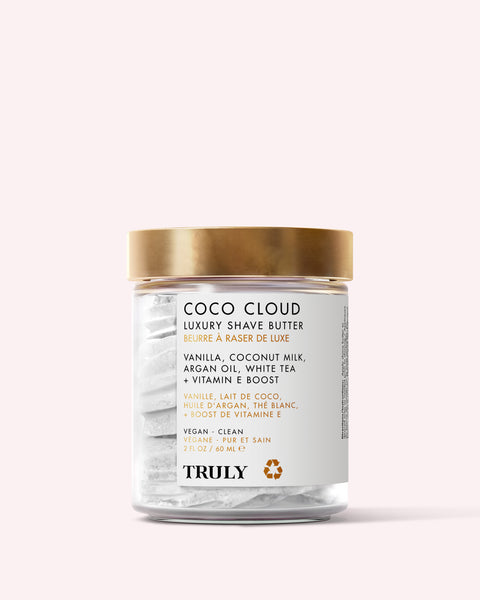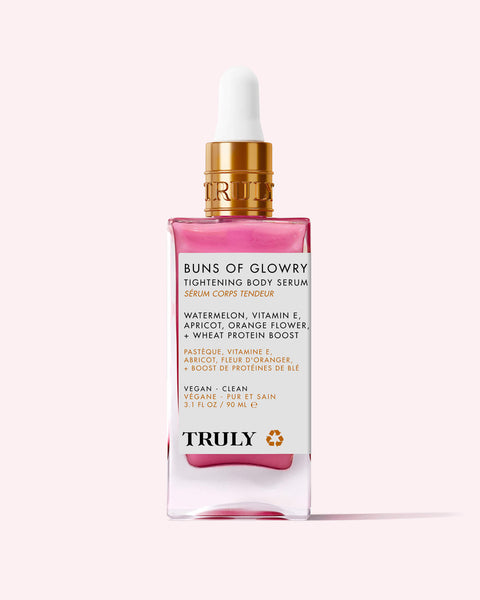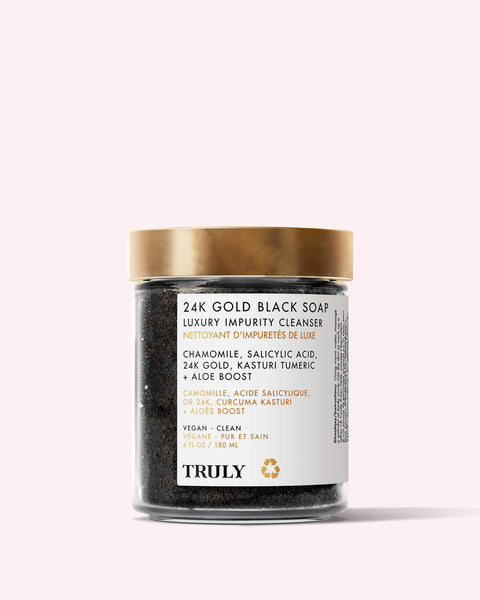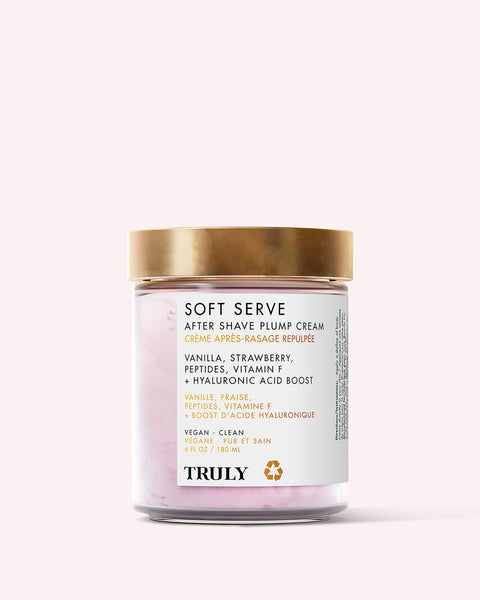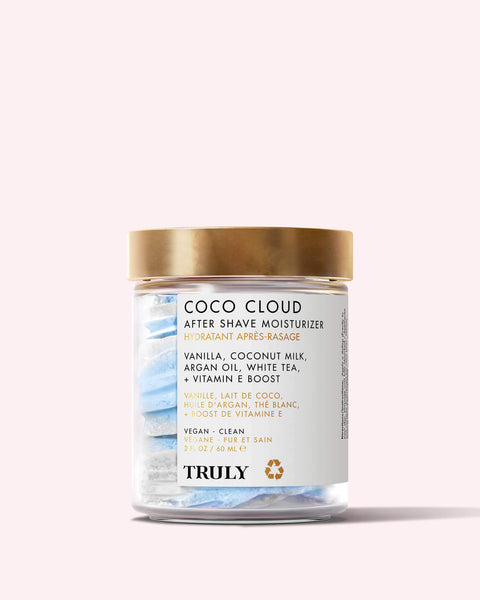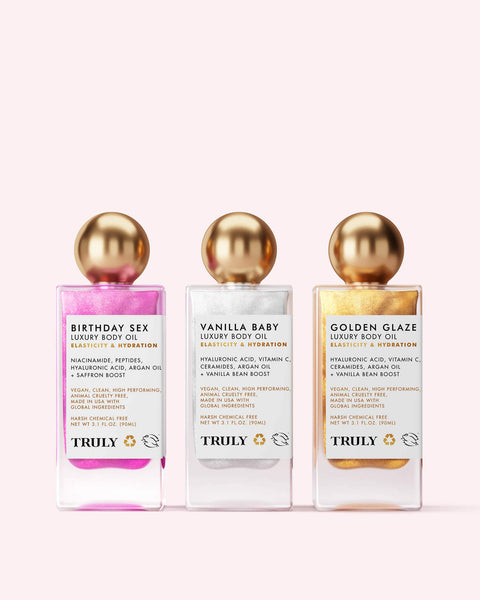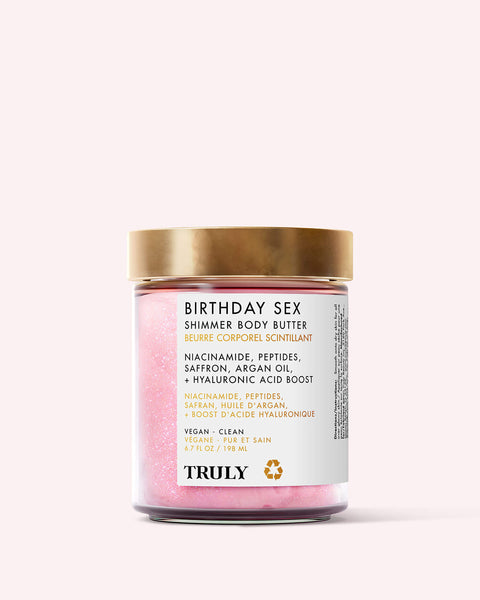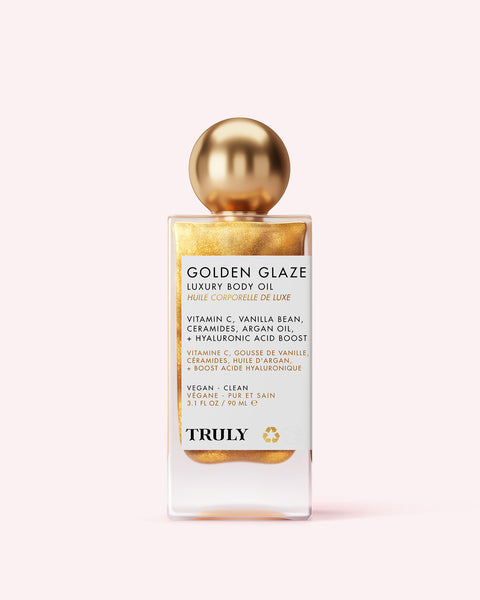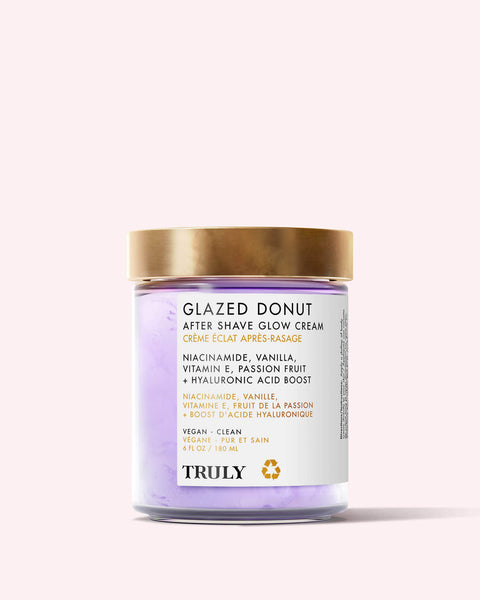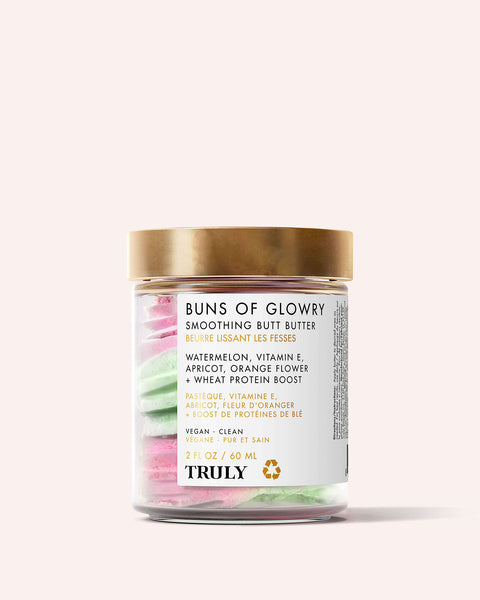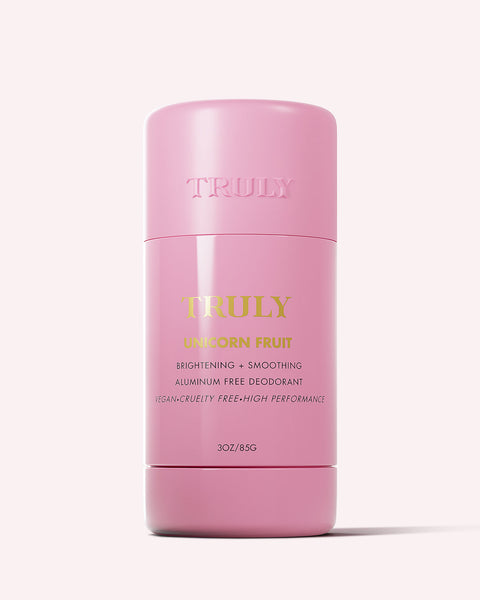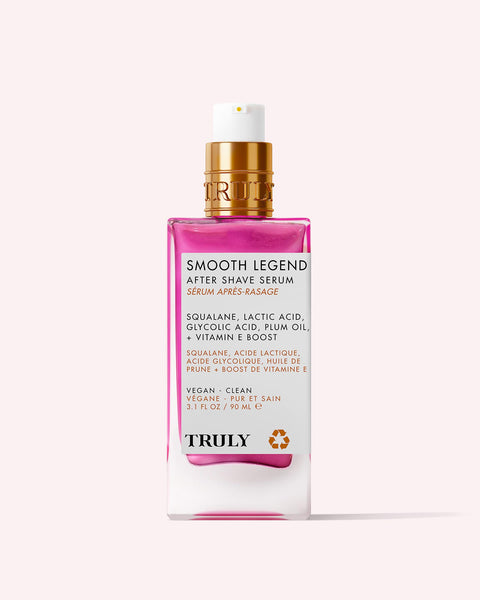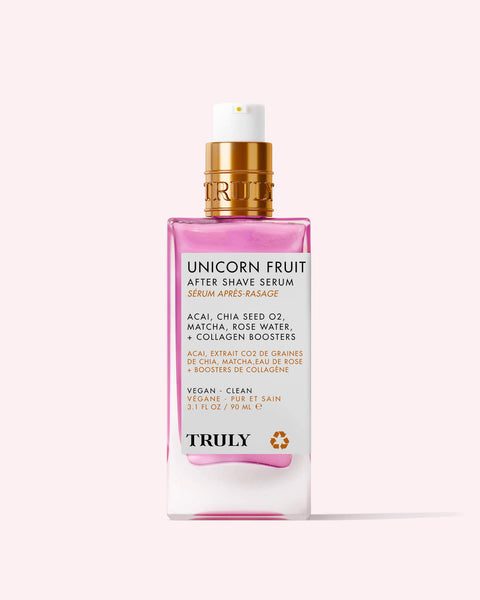Red Skin? Here's What it Could Be

If you've got sensitive skin, you should know the struggles with redness.
However, flushed skin doesn't just happen to sensitive skin types. It can happen to almost anyone for a number of different reasons.
If you'd like to know why your skin always looks red and how to fix it, read on.
Your Cleanser is Too Harsh
Cleansers may be an essential part of your skincare routine, but if you're using the wrong one, it could cause adverse effects to your skin.
"Washing your face in the morning and at night is essential for healthy skin, but using the wrong cleanser can further irritate it, making it more red and inflamed," says Karen Hammerman, a New York City dermatologist.
She points out that many foaming cleansers and soaps contain ingredients like sodium lauryl sulfate, sodium laureth sulfate, or ammonium laureth sulfate.
"These are surfactants used to cut oil from the skin, but they are particularly harsh and will strip skin of its water and oils, leaving it feeling tight and more irritated," says Hammerman.
Always use a sulfate-free cleanser that won't irritate or dry out skin. Look for cleansers with calming, hydrating properties like Truly's Super Matcha Facial Cleanser.

You've Got Chronically Dry Skin
Dryness can often trigger skin irritation, which can lead to a reddish complexion.
"Skin that is irritated as a result of dryness is an easier problem to find a solution for but there is still a method—with dry skin you should be replenishing moisture and oil," explains Dr. Dendy Engelman, Dermatologic Surgeon at Medical Dermatology & Cosmetic Surgery Centers.
She says the easiest way to do that is to apply a hydrating face cream or serum straight after showering or washing your face to lock in the moisture. Don't forget your body, either. Lotion up with a nourishing body cream to curb redness cropping up on your body too.
If you've got dry skin, try a hyaluronic acid moisturizer like Truly's Cream Skin Face Cream.

You're Over-Exfoliating
Exfoliation is essential for sloughing away dead skin cells to decongest the pores, prevent breakouts, and enable skincare products to penetrate more effectively. Over-exfoliating, however, can jeopardize the skin barrier.
Moisturizers, scrubs, and toners formulated with glycolic acid can be problematic when used too often. Over-exfoliating with these products can also damage the superficial blood vessels of the skin, making them more prominent, and making your skin appear redder.
By all means, continue exfoliating. But steer clear of sugar and salt scrubs, and opt for chemical exfoliation 1-2 times per week, not daily!
Truly's CBD Jelly Toning Solution contains aloe, tea tree oil, and glycolic acid to dissolve dirt and dead skin without irritating the skin. Use no more than twice a week.

You're Overdosing on Retinol
While retinol (or vitamin A) is an over-the-counter anti-aging elixir, it is known for being particularly dry and irritating. That's why dermatologists don't recommend people with sensitive skin using it.
Even if you don't have sensitive skin, you can still experience redness from going in too hard and heavy with the retinol serums. The best way to incorporate retinol into your routine is to do it slowly. Start with a low concentration and begin using it once every 2-3 days to allow your skin to adjust. Gradually increase the concentration and start using daily once your skin adapts.
If you experience any side effects like dryness or an itchy rash from retinol, refrain from using it. It might just not be suitable for your skin.
You will find retinol in our Vegan Collagen Booster Bundle.

Extreme Weather
From sweltering summer days to the icy cold winter, extreme weather might be behind your red hued complexion.
Sun exposure can heat up the skin and cause blood vessel dilation as well as redness. That's why it is crucial to wear sunscreen whenever you leave your house. SPF acts as a barrier, protecting the skin from harmful UV rays, curbing sunburn, and ultimately, preventing redness.
Similarly, frigid temperatures lead to dry, irritated skin. Indoor heat can also increase dryness, which irritates skin. Equally, wind can be irritating to sensitive skin.
Your Makeup
If you apply your makeup aggressively, you may wind up with red, irritated skin.
When applying makeup, try patting instead of rubbing your makeup. By rubbing in your foundations and concealers, you're causing friction which can increase redness.
Of course, makeup is a quick fix for hiding red skin -- with the right foundation and color-correcting makeup, of course. Look for makeup that's designed to tackle redness.
You've Got Sensitive Skin
It's sad, but true: those with sensitive skin are generally just prone to redness and irritation. However, there could be certain things triggering flushing as a result of sensitive skin.
"It’s increasingly more common due to pollutants and for some people it is over-exfoliating," says Dr. Engelman. "With sensitive skin you don’t want any products that can irritate the skin, so opt for hypoallergenic and fragrance-free options."
When shopping for skincare, always choose natural, hypoallergenic, fragrance-free products, as these are the least likely to cause a flareup.
You've Got an Untreated Skin Condition
Sometimes, it may just be that you have a skin condition that requires professional treatment.
Rosacea, eczema, atopic dermatitis, psoriasis, contact dermatitis, seborrheic dermatitis, and allergic reactions can all be to blame for skin redness. Some symptoms may include dryness, redness, itchiness, rashes, blisters, and flaking. You’ll need to see your healthcare provider or dermatologist to confirm this diagnosis.
You may be prescribed topical treatments for your condition, or advised to try in-office treatments like laser therapy, which is very effective at minimizing persistent facial redness.
Red skin is a common issue that can be caused by everything from harsh cleansers to too much exfoliation to chronic skin conditions. Fortunately, you can address the issue by addressing the culprit. If you have any concerns about your red skin, speak to your dermatologist for a professional opinion.
